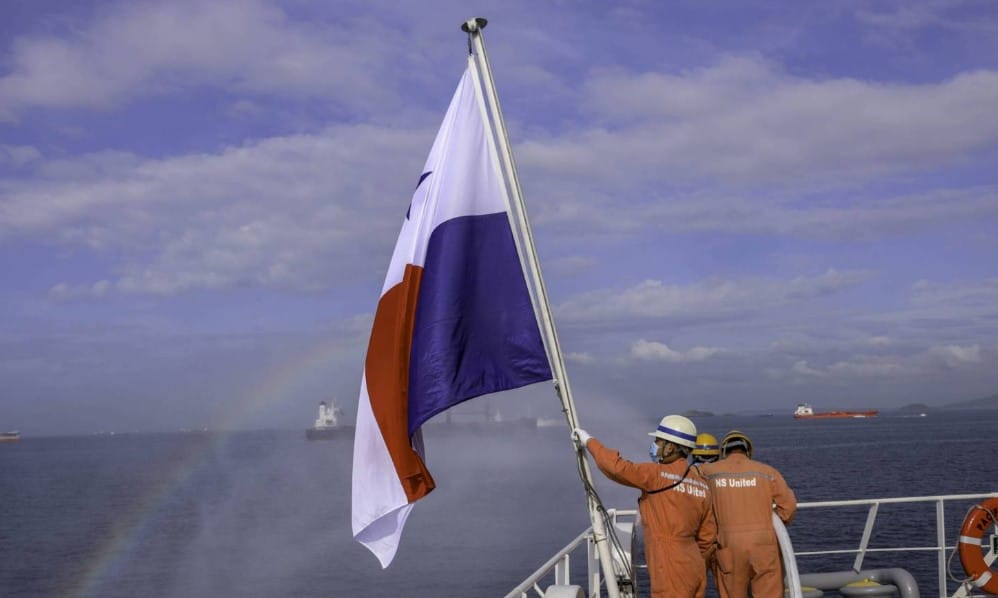Panama cracks down on STS transfers in bid to clean up fleet
Panama Leads with New Maritime Regulations

The Panama Ship Registry has made history by becoming the first maritime authority globally to enforce stringent regulations on offshore ship-to-ship (STS) transfers of hydrocarbons. This groundbreaking measure mandates that all Panamanian-flagged oil tankers over 150 gross tons notify the Panama Maritime Authority (PMA) at least 48 hours prior to any STS operation, detailing all technical and logistical aspects. Failure to comply could result in the cancellation of a vessel’s registration under the Panamanian flag.
Addressing Illicit Activities and Environmental Concerns
This new regulation aims to combat the rising trend of illicit maritime activities, including covert oil transportation and evasion of sanctions. These practices are frequently linked to what is known as the “shadow fleet,” a term that describes unregulated and often unsafe shipping operations. The Panama Maritime Authority highlighted that the decision to implement these measures is a direct response to the increasing use of vessels in such illegal activities, emphasizing the need for transparency and accountability in the maritime industry.
Indian ports make bunkering activity gains amid Red Sea crisis
In addition to these new STS regulations, Panama has recently taken further steps to reform its registry. The authority has begun to remove vessels associated with the shadow fleet from its records. Furthermore, a recent policy change prohibits the registration of tankers and bulk carriers older than 15 years. These initiatives reflect Panama’s commitment to enhancing the integrity of its maritime operations and ensuring that its fleet adheres to international standards.
As the world’s second-largest ship registry, Panama is positioning itself as a leader in maritime governance. By implementing these regulations, the country aims to improve safety, environmental protection, and the overall reputation of its shipping industry. Stakeholders within the maritime community are watching closely to see how these changes will impact global shipping practices and compliance standards.
